[smbtoolbar]
We continue our SeekFreaks summer reading lists – this time for our seasoned school-based OTs, PTs and SLPs. Ambitious new school-based practitioners can also start reading from this list as soon as you are done with the List for New School-based OTs, PTs and SLPs.
~~~~~~~~~~ 0 ~~~~~~~~~~
IDEA Readings
- PT: Physical Therapy Services under Parts B and C of IDEA, edited by Irene R. McEwen, PT, PhD, FAPTA.
- OT: Occupational Therapy Services for Children and Youth Under IDEA, edited by Leslie L. Jackson, MEd, OT.
- SLP: ASHA’s School Services FAQ
These are the same reading as the one for new school-based therapists, for a reason. I think that just as we lose sight of what typical 3rd grade motor skills are, we lose sight of the federal and state regulations that govern school-based practice. Often, we do things because we are asked to or are informed that ‘this is how we do it here’. It is part of ethical practice to be familiar with the regulations and at a minimum ask questions or request the policy or regulation that is at the root. Just as we loiter around the playground to refresh our frame of reference, we should return to the law/regulation to remind ourselves why we are in public schools.
The IDEA website is exceedingly user friendly, with an excellent search feature. I suggest you search for ‘speech language pathologist’, ‘IEP’, ‘transition’; for kicks ‘Medicaid’ and ‘documentation’. This website is very helpful to look up the relevant citation if you are asked to do something you think exceeds the law or is interpreted in weird way.
~~~~~~~~~~ 0 ~~~~~~~~~~
Deep Dive into Law
There are 3 laws that are closely related to our practice. Below are the links to increase your understanding. Websites have too much info? I indicated the pages where you can start and get applicable information right away.
- Family Educational Record Privacy Act (FERPA)
- Start here: FAQs: K-12
- Americans with Disability Act (ADA)
- Start here: Technical Assistance Publications
- Section 504 of the Rehabilitation Act (504).
Each of these laws are protective. They are intended to ensure that individuals with disability are not discriminated against. However, there are standards that do not allow for any and everything. Did you know that an automated door switch may not be required by ADA? Search for ‘playground’ and ‘school access’ for an eye opener. What are the policies for mobility aids and devices? SLPs, read the FAQs on Effective Communication for Children with Hearing, Vision or Speech Disabilities in Public Schools.
Also, we have a pervasive sense of what FERPA requires but what about texts? Videos we use to communicate with parents or instruct staff? Is it okay to use a student’s first name in an email to a colleague? When does the Health Information Portability Privacy Act exceed FERPA requirements? Read the Joint Guidance on the Application of FERPA and HIPAA to Student Health Records.
~~~~~~~~~~ 0 ~~~~~~~~~~
Podcast/Listen
I have fallen in love with podcasts. They are great for driving between schools or winding down on the commute home. I have picked some of my favorites for you! There is one selected for each discipline and one for all. However, crossing disciplinary boundaries is encouraged! I find myself thinking deeply and philosophically about disability and difference as an expression of humanity. This is a great mindset to begin the school year!
- OT: Search Inside Yourself: Contemplation on Life and Work by Mirabai Bush
- PT: The Body’s Grace by Matthew Sanford
- SLP: TED Talk: The Birth of a Word by Deb Roy
~~~~~~~~~~ 0 ~~~~~~~~~~
Explore your approach
Here are 3 must-reads for OTs, PTs and SLPs from SeekFreaks.
- Functional Classification Systems for Children with CP As functional classification systems have been developed, our practice has changed. PTs can now say, ‘this student is a level IV’ and everyone immediately knows what the means in terms of movement; they can picture that student immediately. This is huge improvement for our practices! There is a common language and the propensity to discuss relative ability and prognosis with students and families, in comparison to other children with CP of a similar age (instead of typically developing peers).
- Comment prompt: Do you use these systems regularly in your practice? How have these systems changed your communication with teams, families or colleagues?
- Motoropoly: Motor Learning Principles for School-based Practitioners is a great way to reflect on how we treat. Do I rely on one mode of practice or instruction? How do I employ clinical reasoning to individualize my approach/intervention? I found this posting a touchstone that gave me prompts to re-charge and shake up my interventions.
- Comment prompt: What did you think? Was this review of practice and intervention in terms of instruction and practice probing your norm? Did it challenge you to defend your typical treatment session?
- Recognizing ICF Domain Words was a post that challenged me. Grammar and ICF framework questioning in one post. It stretched my thinking creatively, in a new way. When I approach an evaluation, I examine words used in a whole new way.
- Comment prompt: SLPs, this seems your wheelhouse, what say you? OTs, does this align with your selected framework? PTs, will this inform ecological evaluation?
~~~~~~~~~~ 0 ~~~~~~~~~~
Expand Specific Knowledge: Article Reviews
- OT: Can Hand Function Be Predicted in Children with CP? This posting examines the MACS and has some excellent take away messages regarding use of this tool. It can be employed for prognostication and is stable. However, it is a classification system, not an assessment or outcome measure.
- Comment prompt: How easy can we be utilizing tools developed by other disciplines? How can we determine the appropriate time to discuss prognostication with parents, students and the IEP team?
- PT: How Age, Gender & Anthropometrics Affect Dynamic Balance reminded me to utilize multiple tests to triangulate data on a student. This may be an effective way to gain insight to complicated cases, identify true root causes or attain data to guide interventions.
- Comment prompt: When is standardization critical? When can (should?) it be relaxed with documentation?
- SLP: Physical Activity Improves Academic Performance This summary of the excellent review of the evidence done by the Center for Disease Control and Prevention, is critical for our practice setting. We can use this as an advocacy tool with administrators, parents, teachers and employ principles to our interventions. Just 5 minutes of physical activity can produce benefits for our students: health benefits of course, but also improved focus, recall and other academic behaviors. SLPs, how can you use this information in improving communication and literacy skills? We’ve got to move it!!
- Comment prompt: How can movement be incorporated into my practice? How can I share this information with colleagues to effect change?
- ALL: Top 10 Lessons from EACD’s Guideline for DCD I knew nothing about DCD and this guideline gave me a starting point. It appears to me this is a difficult diagnosis to make, requiring many and varied data sources. Group intervention has some support and individualization of intervention is paramount. This makes me think of how many diagnoses have emerged since I have graduated?!
- Comment prompt: How can I stay aware of new diagnoses? How can I efficiently learn about them?
- ALL: Child-focused vs. Context-focused Intervention I loved the challenge in the first sentence of this post: Can you still provide interventions with both hands tied behind your back? Natural environments/Least restrictive environments are a part of IDEA for a great reason. We need to impact student performance throughout his/her school day.
- Comment prompt: How can we enact meaningful change in student performance? Who needs to buy in? How can we get the student involved or better yet leading the charge?
~~~~~~~~~~ 0 ~~~~~~~~~~
Books!
Read one, two or all:
- Fadiman, A. (1997). The Spirit Catches You and You Fall Down: A Hmong Child, Her American Doctors, and the Collision of Two Cultures. New York: Farrar, Straus & Giroux.
- From Amazon.com review: “Lia Lee was born in 1981 to a family of recent Hmong immigrants, and soon developed symptoms of epilepsy. By 1988 she was living at home but was brain dead after a tragic cycle of misunderstanding, overmedication, and culture clash: “What the doctors viewed as clinical efficiency the Hmong viewed as frosty arrogance.” The Spirit Catches You and You Fall Down is a tragedy of Shakespearean dimensions.”
- Anner, Z. (2016). If at Birth You Don’t Succeed: My Adventures with Disaster and Disability
- This autobiography is hilarious and well worth a read. Zach is a fresh voice adding to understanding the human experience of disability. It is the story of his life, so far. Including meeting Oprah Winfrey, hosting a travel show and dominating YouTube. Brace yourself for irreverence and much laughter.
- Callahan, J. (1989). Don’t Worry, He Won’t Get Far on Foot. New York: Vintage Books.
- From Center on Human Policy, Syracuse University: “Equal parts laugh-out-loud funny and angering to the point of disbelief, this is John Callahan’s story told in his own words and pictures. John is a cartoonist whose work not only challenges but attacks and explodes social norms. He is also a quadriplegic and recovering alcoholic who has suffered through abusive support providers, endured battles with the welfare system, maintained his vicious sense of humor, and emerged from some difficult times happy, successful, and determined to change prevailing attitudes about disability, potential, normalcy, and employment. He shares his experiences and lessons learned in a straightforward way that does not allow pity or ego to enter the picture. – Center on Human Policy, Syracuse University”
- Karasik, P., and Karasik, J. (2003). The Ride Together: A Brother and Sister’s Memoir of Autism in the Family. New York: Washington Square.
- From Library Journal: “In this remarkable book, the Karasiks present a sibling’s viewpoint of growing up with autism. Alternating between Judy’s memoir and Paul’s comics, they chronicle the life of their brother, David, from the 1950s to today. The authors recount the heartbreaks and joys of growing up with [a sibling with autism] and offer insights into the treatment of the condition at a time when the medical and educational professions knew little about it and blamed parents (namely, “refrigerator moms”). Events such as David’s recitations of whole TV shows and his slapping his head as a response to uncomfortable situations take on new meaning through the unique format. Judy formerly worked as a book editor, and Paul is a professional cartoonist. Their book fills an important gap in the literature, complementing the parental view found in most autism narratives. – Corey Seeman, Univ. of Toledo Libs., OH”
- Nazeer, K. (2006). Send in the Idiots. London: Bloomsbury.
- From Publishers Weekly: “Nazeer, a successful British government policy adviser, was diagnosed early on with autism; he now seeks out the fate of four [classmates with autism] at his former New York City school. He first encountered the “idiots” (as one of them called the group) more than 20 years ago, in an unnamed private school that has subsequently closed. In addition to interviewing the former pupils, all but one enjoying varying degrees of success in the greater world, Nazeer also visits the school’s former director and special-needs teacher to learn how teaching [students with autism] has evolved. Considered a neurobiological disorder, autism largely confines a child to his or her own mental world. André, for example, living in Boston with his sister, became a competent computer researcher and manages to mediate the challenges of ordinary conversation through the use of a puppet. Randall, a courier in Chicago, demonstrates how early “parallel” play led to a satisfying love relationship (developing empathy is difficult for [individuals with autism]). Craig became an accomplished speech writer until his awkward social skills derailed him, while Elizabeth immersed herself in playing the piano before withdrawing completely. Nazeer delicately interweaves his own story of being “cured” for an enlightening journey through the unreachable mind.”
~~~~~~~~~~ 0 ~~~~~~~~~~
A lot to choose from, I know! But what a great time to explore, expand and deepen our knowledge…prepare for the next school year, lifelong learners…SeekFreaks! Learn on!!
~~~~~~~~~~ 0 ~~~~~~~~~~
Readers of this article also read:
10 Handy American Speech-Language-Hearing Association Resources
IEP 4.0 – Using Data and Collaboration to Develop a Clear PLEP
Summer Reading List for New School-based OTs, PTs and SLPs
Article Review: Do Teachers Know the Impact of Preterm Birth?
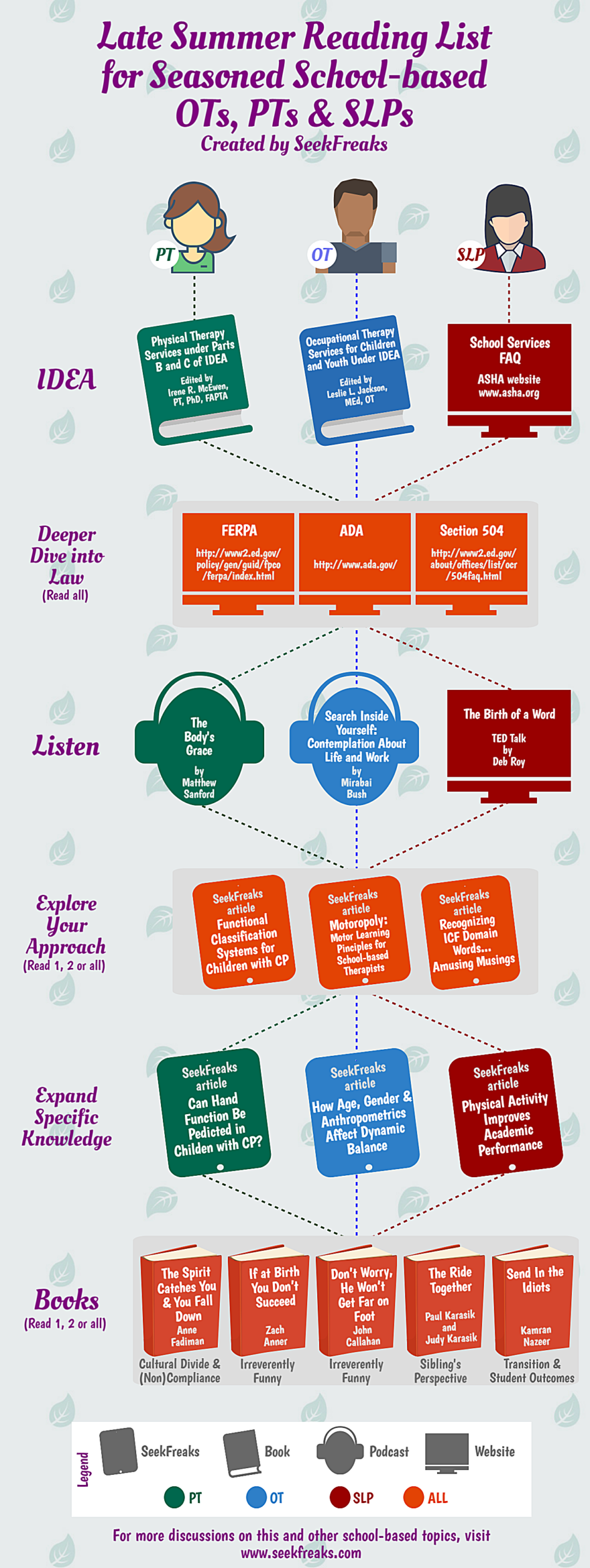
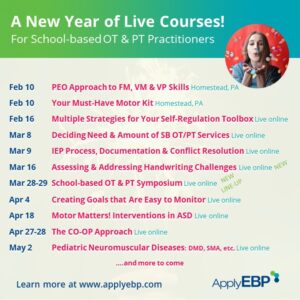

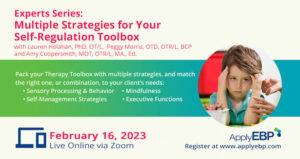
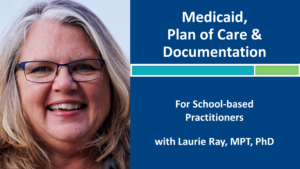
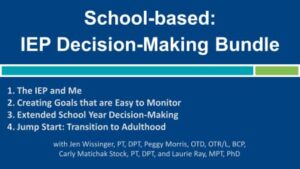
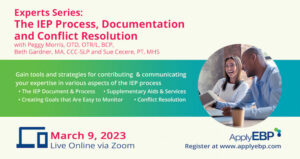
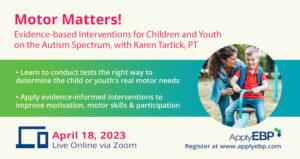
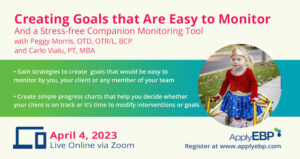
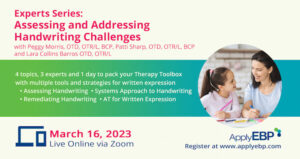
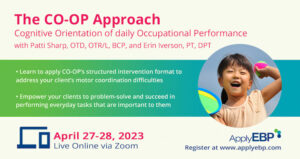
1 Pingback